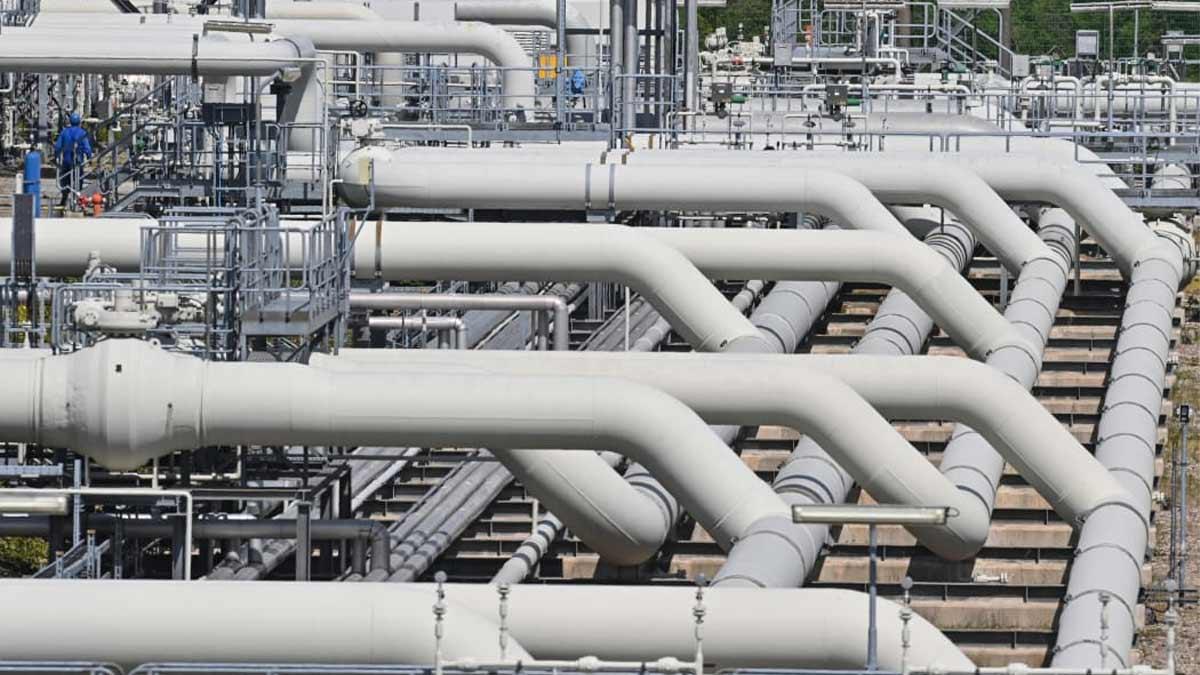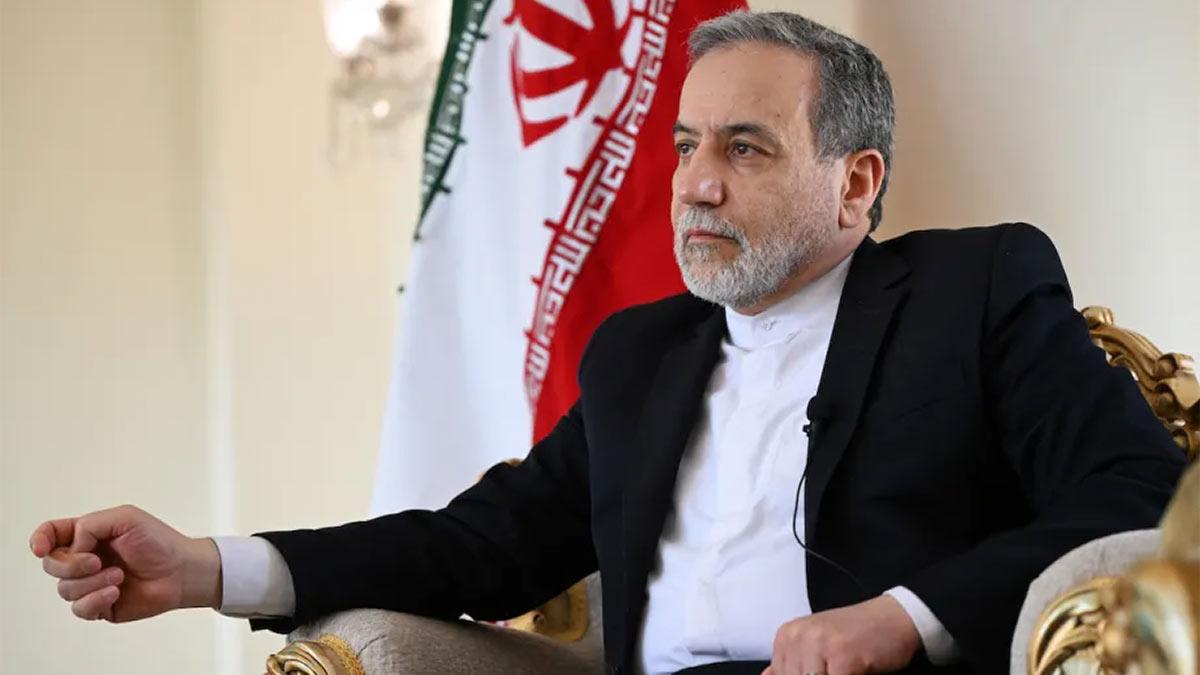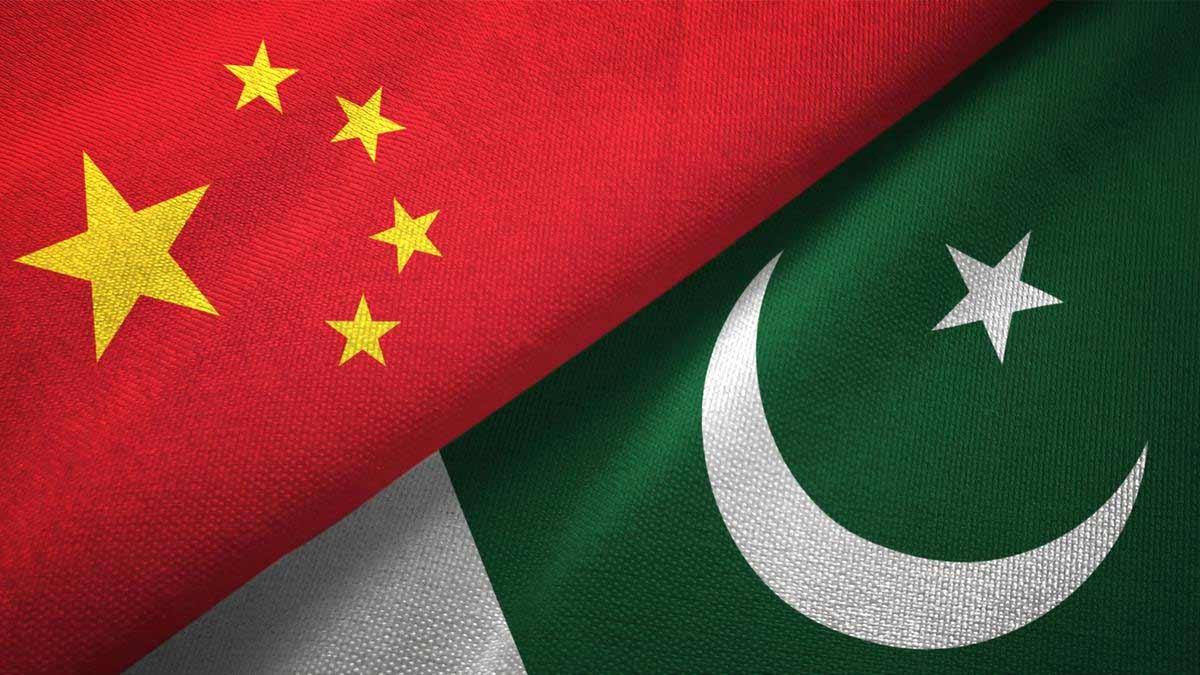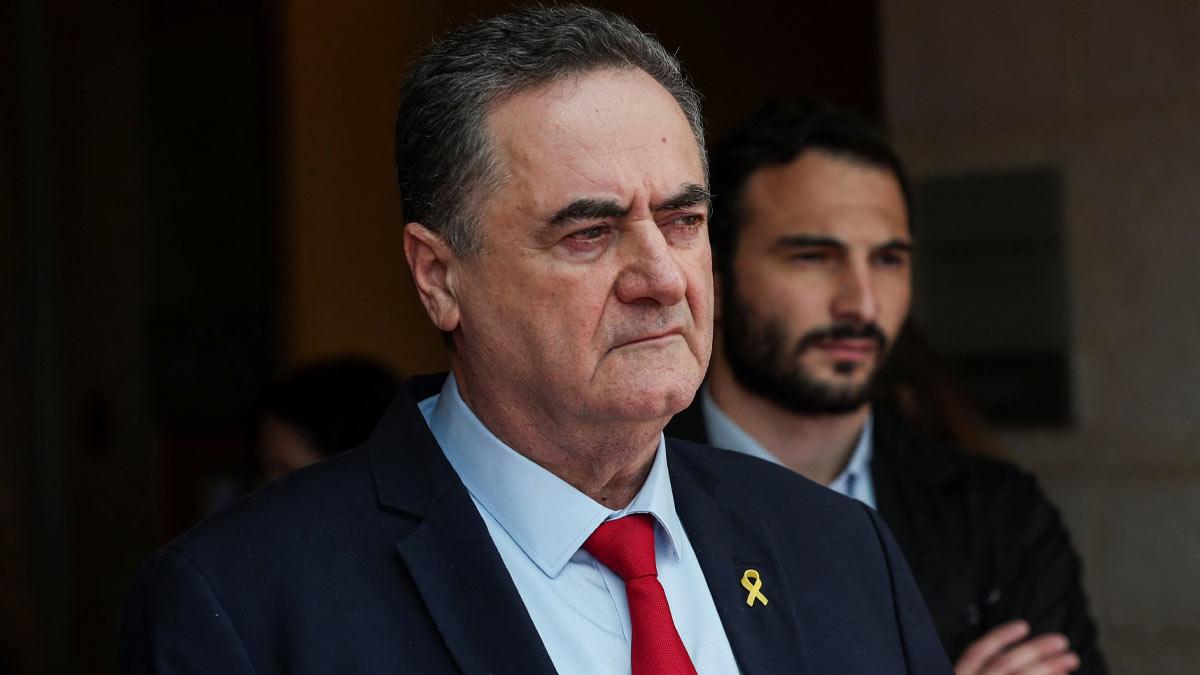The halt in Russian gas transit through Ukraine has sparked fears of supply shortages and soaring energy costs, particularly in landlocked European nations like Slovakia.
Both Ukraine and Russia announced the stoppage on Wednesday, pushing some EU countries to resort to costlier energy alternatives, Xinhua news agency reported.
Slovak Prime Minister Robert Fico said Wednesday that stopping gas transit through Ukraine to Europe would have "severe consequences for all of us in the European Union (EU), but would not harm Russia."
The stoppage follows a decision by Ukraine not to renew a 2019 gas transit agreement between its state-run Naftogaz and Russia's Gazprom (MCX:GAZP), which expired on December 31, 2024.
"At 07:00 a.m. (0500 GMT), in the interests of national security, the transportation of Russian natural gas through the territory of Ukraine was stopped," the Ukrainian Energy Ministry said in a statement on Wednesday. Similarly, Gazprom confirmed that it has stopped gas supply due to expiration of key agreements and Ukraine's refusal to renew them.
In a letter to the European Commission (EC) on Sunday, Fico condemned Ukraine's gas transit halt as irrational and warned it would heighten tensions and harm the EU more than Russia. He also indicated his government might consider measures such as cutting electricity supplies to Ukraine.
Slovakia, dependent on Russian gas, is among the worst-affected countries. It imported about 3 billion cubic meters of natual gas from Russia via Ukraine every year, which made up two-thirds of its needs.
But the EC has downplayed the impact, saying through a spokesperson that the European gas infrastructure is "flexible enough" to provide gas of non-Russian origin to central and eastern Europe via alternative routes, and that it has been reinforced with significant new liquefied natural gas (LNG) import capacities since 2022.
Mark Cigoj, editor-in-chief of the Croatian weekly 7 Dnevno, said the three countries particularly exposed are Slovakia, Austria, and Hungary - due to the dependency on Russian gas and an inability to buy LNG directly.
Household gas price increases without state energy support for 2025 have been forecasted to range from 15 to 34 per cent by Slovakia's Regulatory Authority for Network Industries.
To cushion the impact, the Slovak government allocated around 235 million euros ($244 million) for energy aid further straining a country's tight budget.
The state-owned gas utility SPP on Wednesday promised continued supply but acknowledged the increased costs of alternatives.
Moldova, which imports around 2 billion cubic meters of gas per year from Russia through Ukraine, passed measures Wednesday that forced electricity use to be reduced at least by 30 percent.
The measures include restrictions on street lighting and the activation of escalators in public and commercial buildings, as well as changing the working hours of high-consumption areas.
In 2023, close to 15 billion cubic meters of Russian gas have been delivered from Ukraine to Europe, amounting to around 5 percent of European needs. As soon as Ukrainian transit stops, the only possible route for delivery of Russian gas to Europe would be through TurkStream, built under the Black Sea.
According to the EC, pipeline gas from Russia makes up about 8% of imports into the EU in 2023 after it plummeted from over 40% in 2021.
The EC warned that the rise in margins and transport costs would make gas even pricier and thus inflate further, advising that the bloc should develop a clear plan to coordinate gas purchases among member states, said Cigoj.
Although many European countries have cut back significantly on Russian gas since the outbreak of the Russia-Ukraine conflict, nations such as Slovakia, Hungary, and Austria remain dependent on it.
Slovak Vice Premier and Economy Minister Denisa Sakova said on Tuesday that Slovakia is technically well-prepared for the stoppage of gas supplies since the country has enough gas reserves and alternative gas supplies for the year of 2025.
However, she warned of challenges if the issue persists into the winter heating season next year.
Obviously, European countries will have to organize themselves to purchase significantly more expensive gas from other sources in the future, Cigoj said.
Markus Krug, deputy head of the gas department at Austria's energy regulator E-Control, said Russian gas would likely continue to flow through Turkey, supplying Hungary. He estimated that Slovakia's gas supply could primarily come from Hungary, the remainder from Austria, the Czech Republic and Poland.
The TurkStream gas pipeline has a capacity of 31.5 billion cubic meters per year and is not big enough to take on increased demand. The shortfall will have to be met by increased imports of LNG, which is significantly more expensive.
Read also| Taiwan President Seeks Exchanges with China, Cites Lack of Goodwill


















